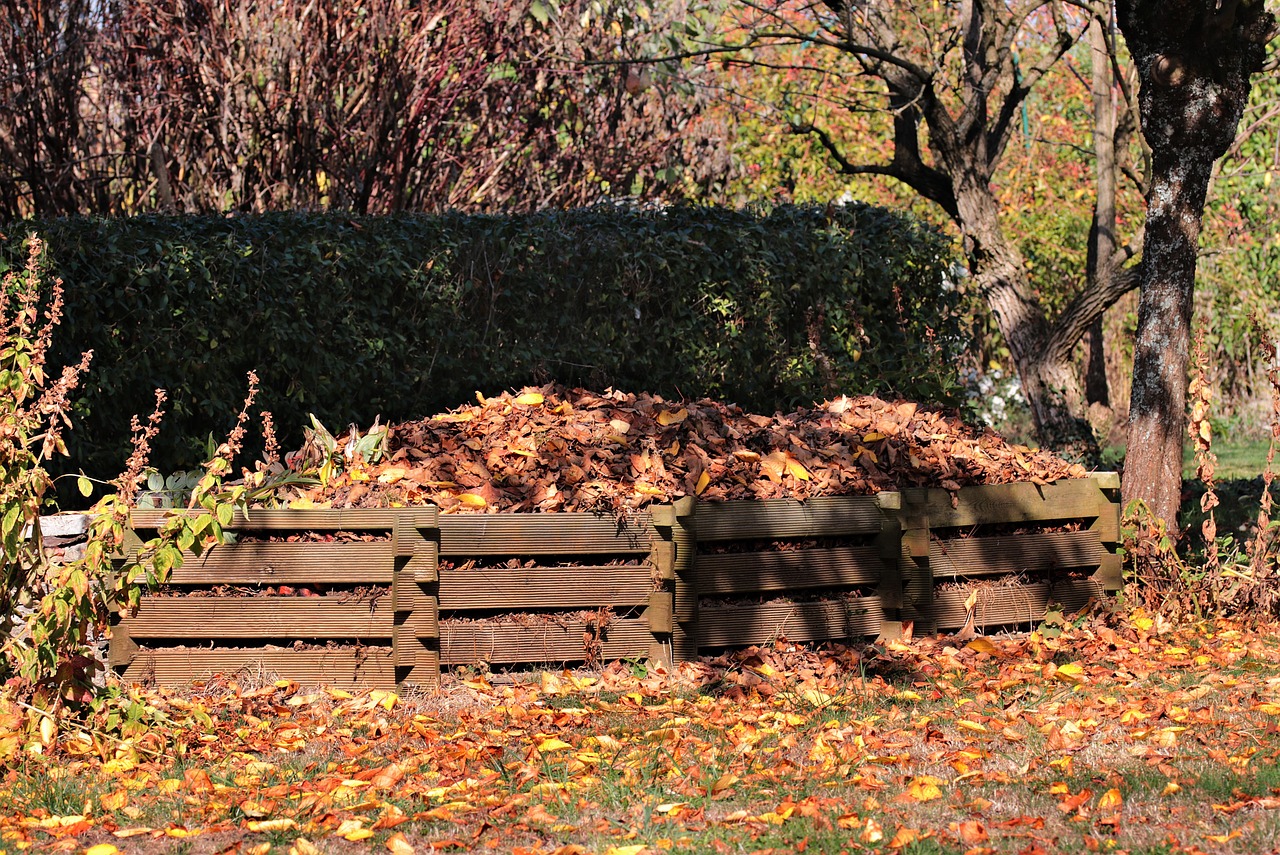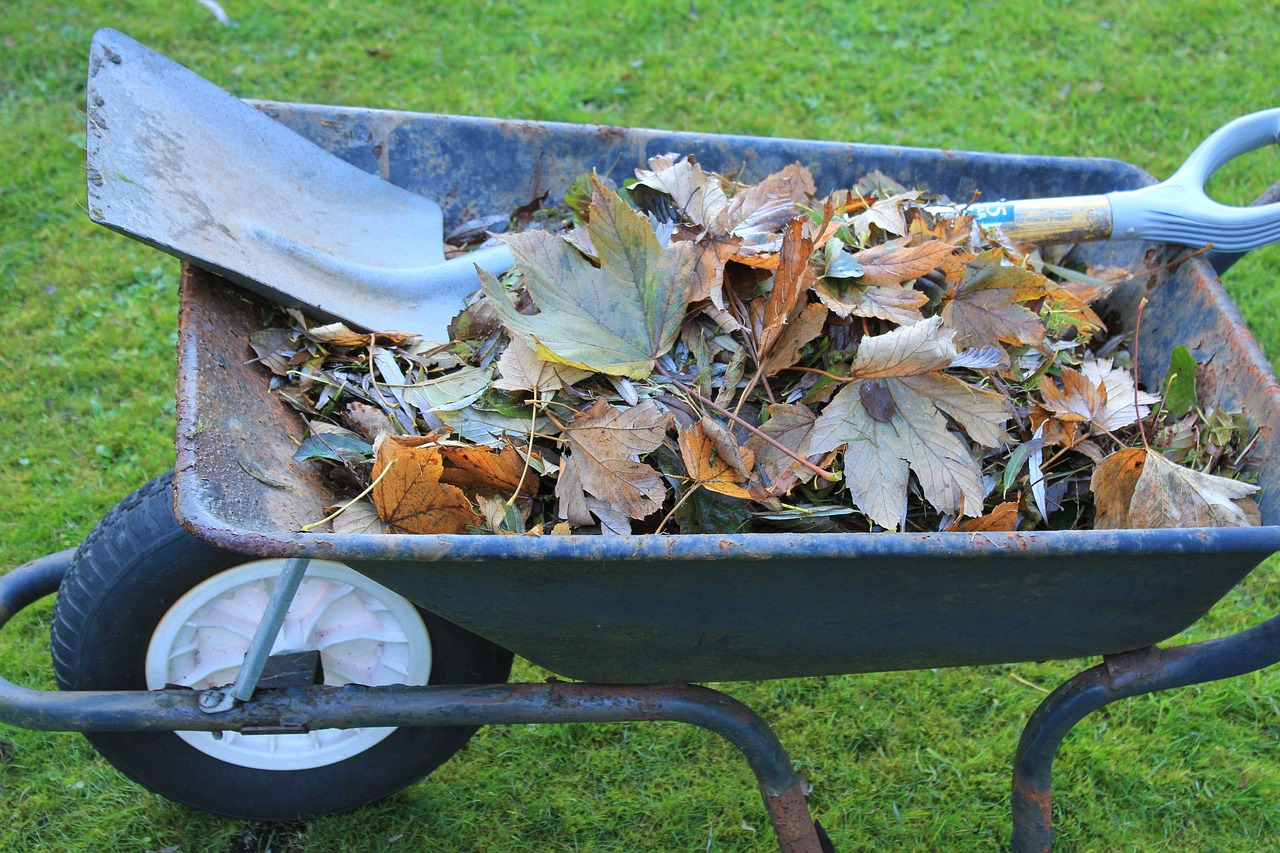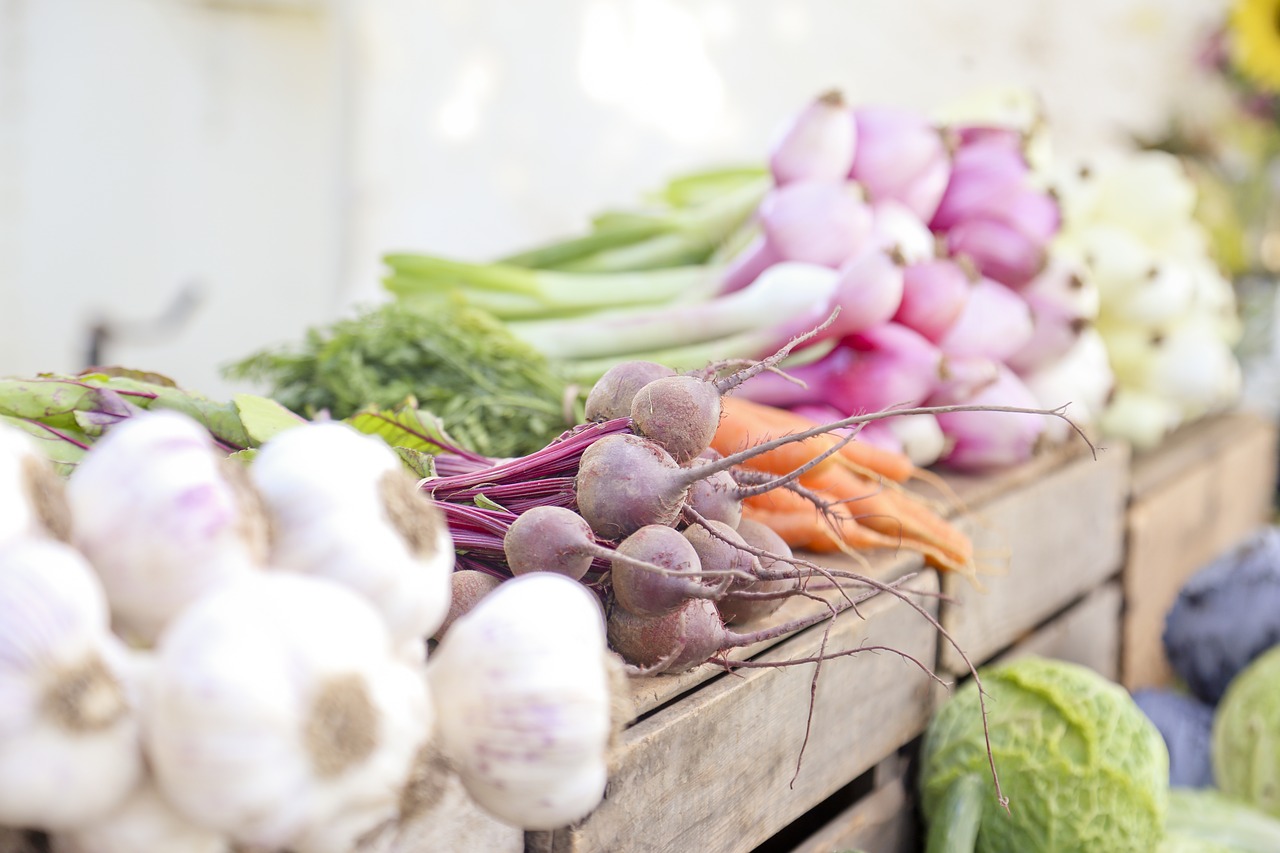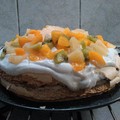This is a text for intermediate readers.
My Story
I've recently moved into a suburban area, so I finally have a yard again.
I grew up in a family home in the agglomeration of Budapest, so after some action-packed years in the city centre, I started to miss my old lifestyle. I was definitely closer to nature as a child. I lived more with the rythm of it, and also took more care of my environment. For example, we had a garden, we grew some of our food, and we also used some of our food scraps to fertilize the soil. So as an adult, I hated every single occasion I put organic materials into my bin. It disturbed me very much that those valuable materials were going to be taken to landfills, where they were not going to decompose among other kinds of garbage.
Finally, now that I have a yard, I started composting again. My grandmother had always had a compost pile in the back of the garden, but who can recall those early memories?... So I learnt composting from the Internet, and now I'd like to present an opportunity to my dear readers to do that, too. :)

Firstly, what is composting?
It is the process of recycling organic materials, which would go into the garbage bin, otherwise. Collect them, pile them up, and that's basically it.
Secondly, how is it done?
To start with, you need a place for it. If you have a garden, just choose a place out of view, and you can start a pile on the ground or in an open box. If you live in a more urban area with a yard, you can use a closed container. Also, you can compost inside your flat. There are ready-made compost bins of various sizes and types, but if you are keen on DIY solutions, you will surely find guides on the Internet to make your own perfect box. (Personally, I found compost bins too expensive, so I'm collecting kitchen scraps in a plastic fruit crate in the yard.
When you've chosen a place for it, you can start collecting materials. A good compost is a mixture of green and brown materials. Greens are usually wet and fresh, and they supply the mixture with nitrogen. Browns are usually dry, and they supply the mixture with carbon. Greens should constitute 30% and browns 70% of your compost. There are long lists on specific websites about what is green and what is brown, but here I'll give you some examples of what I can compost regularly. Greens: potato, cucumber, carrot, kiwi peels, vegetable leftovers etc. Browns: eggshells, not too dirty paper towels, teabags, coffee grounds, newspaper, dry leaves and flowers. If you mix these in a container, the bacteria and fungi will simply start working on them.
With the following chemical processes, the temperature of the mixture will increase. To keep the heat inside, you might want to cover the top of the pile. You also need to provide enough air for the microbes, and make sure that the mixture is wet enough. Turn your compost over with a shovel every second week or so.
Here' a fantastic site I've learnt from:
https://learn.eartheasy.com/guides/composting/
Thirdly, what's in it for me?
Most importantly, collecting waste selectively means that landfills last longer. So this is a great way to protect our environment. Also, you can use the endproduct as a fertilzer in your garden or even for your plants in the window. Lastly, you might even be able to sell it - I mean, basically your kitchen scraps... Now, isn't that a good idea? :D
Finally, I would like to share with you some interesting data I've found about composting.
- This method for recycling has been around since the Roman times. They made a pile in the autumn, left it there for the winter, and used the compost as a fertilizer in spring.
- There are a few places on Earth, where collecting organic waste selectively has been made mandatory (e.g. Seattle or San Francisco).
- Composting systems can be as big as the size of about 4.5 football fields, or even larger. Some of the largest ones are located in Canada (https://en.wikipedia.org/wiki/Edmonton_Composting_Facility#/media/File:MRF_Composter03.jpg), Qatar and Pakistan.
- The chemical processes of large-scale composting are also a great resource for biogas, which can supply other industries with energy.
Go ahead, start composting NOW!

GRAMMAR:
In this text, I used Past Simple to express my family's habits when I was a child. However, there is a structure much nicer than that to express past habits. Let me show you an example.
+ She used to have a dog.
- She didn't use to have a dog.
? Did she use to have a dog?
Transcribe the following sentences like this:
- I was closer to nature as a child.
I used to be closer to nature as a child. - I lived more with the rythm of it.
- I took more care of my environment.
- We had a garden.
- We grew some of our food.
- We also used some of our food scraps to fertilize the soil.
If I want to get a little nostalgic, I will use "would" to expres my past habits. Be careful, you cannot use it with state verbs!
Transcribe the following sentences like this:
- I played outside a lot.
I would play outside a lot. - My grandmother always collected garbage for composting.
- We grew some of our food.
- We also used some of our food scraps to fertilize the soil.

VOCABULARY WORK:
housing:
- suburban area: a part of a city where people usually live in garden houses; typically not very central
- agglomeration: some smaller towns around a larger, more important city
environment:
- soil: the brown material you plant flower into
- fertilizer: a material that should be mixed into the soil; it adds useful element to it, to help plants grow (fertilize /verb/)
- decompose: the process when matreials break down into more simple elements
- landfill: the final place where waste is taken
other:
- fungus, fungi (pl): beings similar to mushrooms, but a lot smaller :)
- fruit crate: a box for tranporting and storing fruits
- shovel: the object used to move soil around with; similar to a spoon in the kitchen :)
- mandatory: if something is mandatory, you have to do it, because that is the rule
Now, try to remember how these words were used in the text. Give yourself a few minutes.
.
.
.
And now, do something else, and get back to the following exercise a bit later.
.
.
.
Lastly, fill in the sentences with the words above.
- Turn your compost over with a ............ every second week or so.
- We used some of our food scraps to fertilize the ........... .
- Collecting organic waste selectively has been made ............... in some cities.
- I grew up in a family home in the ............ of Budapest.
- Collecting waste selectively means that ......... last longer. They fill up more slowly.
- I've recently moved into a ............ .
- Organic materials are not going to ............... well among other kinds of garbage.
- You can use the endproduct as a ............ in your garden.
- I'm collecting kitchen scraps in a plastic fruit ......... in the yard.
WELL DONE!

